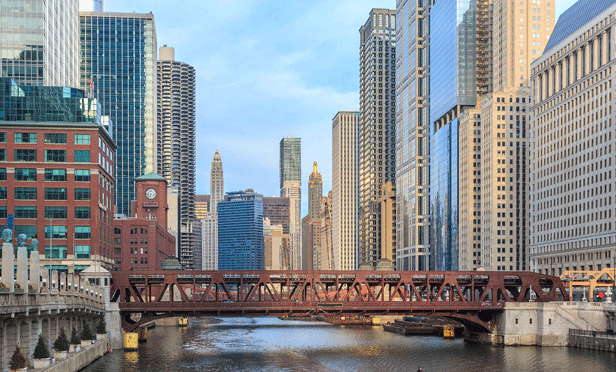The hotel market has made a sweeping turnaround from only five years ago. When the economy turned sour in 2000, tourism slowed; when the events of Sept. 11 occurred, tourism came to a screeching halt. "It was pretty bleak for a number of years," admits Lawrence Geller, CEO of locally based Strategic Hotels & Resorts. "But by the middle of 2003, we started seeing customers talking about meetings, we saw the airlines starting to build more capacity, we started to see resorts charging more rates, so we started seeing positive market indicators."
With the strength of those indicators continually improving, it sparked the interest of many public and private investment firms. According to Marcus and Millichap's most recent hospitality research report, lodging REITs will have raised approximately $800 million of secondary and preferred equity through the end of January 2006. This is compared to $220 million in the fourth quarter of 2005.
Thomas Fisher, executive vice president with JLL Hotels, tells GlobeSt.com that investors are taking advantage of the strong capital-markets environment. With corporate travel returning and the convention calendar heating up, Fisher says the market is seeing a new momentum in room occupancies.
"I've never seen so much investor interest," Fisher says. "Over the past 15 months, we've been involved in $2 billion worth of transactions. That alone is a testament to institutional quality of market."
Chicago, ranked fourth in the country for number of rooms available, has seen a flurry of hotel activity this year alone. In March, Bethesda, MD-based DiamondRock Hospitality Co. purchased the Chicago Marriott Downtown for $295 million; in February, JLL Hotels closed on the 751-room Westin Michigan Avenue for $214.7 million as well as the 367-room House of Blues Hotel for $114.5 million.
Mark Eble, vice president with Indianapolis-based PKF Consulting, a national hospitality and consultation firm, agrees that the market is ripe for activity. With demand growing at such a fast rate, hotels have been more selective about reservations. According to Eble, hotels have expressed that by raising rates, confident that customers will need to be there, displacing the more rate-sensitive clientele. This type of environment is a green light for hospitality investors, Eble says.
"This is the best time to sell a hotel that I have ever seen in my career," the 25-year veteran says. "And 2006 is going to be the year of selling, of people looking to get out. Short-term speculators and long-term holders are going to see that, if we're not at the top now, we're approaching it."
Want to continue reading?
Become a Free ALM Digital Reader.
Once you are an ALM Digital Member, you’ll receive:
- Breaking commercial real estate news and analysis, on-site and via our newsletters and custom alerts
- Educational webcasts, white papers, and ebooks from industry thought leaders
- Critical coverage of the property casualty insurance and financial advisory markets on our other ALM sites, PropertyCasualty360 and ThinkAdvisor
Already have an account? Sign In Now
*May exclude premium content© 2024 ALM Global, LLC, All Rights Reserved. Request academic re-use from www.copyright.com. All other uses, submit a request to [email protected]. For more information visit Asset & Logo Licensing.








